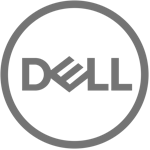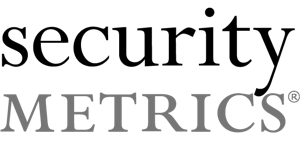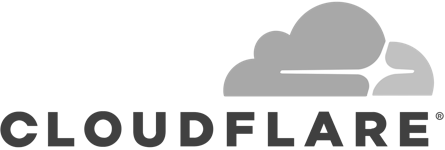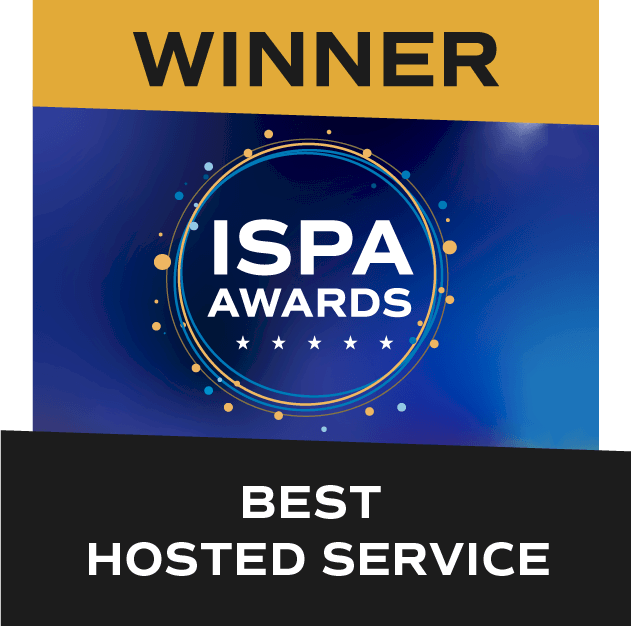Take a step closer to your customers
Through our data centre partners we offer more than 75 global hosting locations with robust enterprise-grade security and a wide range of compliance standards. And since our servers are powered by renewable sources, you’re assured of hosting that’s good for business, good for the environment.






